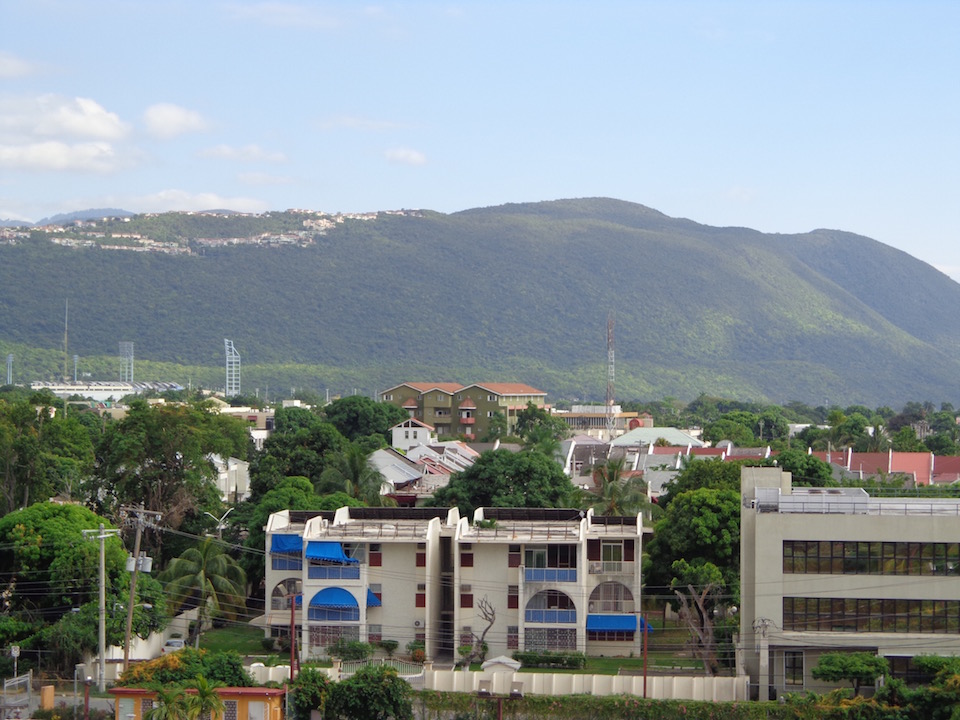The growth question
By Dennis Chung
CJ Contributor
In my last article, I asked the question why is growth so elusive to Jamaica and identified some of the challenges that restrict our ability to grow. These are not new and have been with us over many years without any real attempt to address the underlying issues.
There has been much rhetoric around the symptoms of the underlying challenges. So we speak about interest rates, exchange rates, inflation rates, unemployment levels, NIR, etc, and many do not understand that these are outcomes of poor policy rather than the cause of poor economic performance.
This is why I believe that a focus on the legislative changes and fiscal discipline is important, because they both encourage behaviour that addresses the underlying problem. Only, however, if they are done correctly. In other words, many times we start with the right objective but implement it in the wrong way.
This is one of the reasons why we have failed to see any consistent growth levels above one per cent. The fact is that irrespective of how many policies we implement, if they are not geared at improving capacity to grow, then despite our best efforts we will hit a growth ceiling.
As an example, this Saturday was the annual Kingston to Negril charity ride, and many cyclists trained for it. The training, of course, includes many long rides leading up to the big ride, which are geared towards building your capacity for enduring long rides.
So then, irrespective of whether you have the best bicycle and equipment in the world, if you, the rider, do not have the capacity to do a 158-mile ride, then the best equipment in the world will never help you to complete it.
What the quality of the equipment does is add that competitive edge over someone else who has similar capacity as you do, and makes it easier for you to compete. So I always say to fellow cyclists that I have found the most important upgrade on a bicycle is for the rider to get fit.
Similarly, Jamaica has seen massive amounts of FDI and billions spent on projects such as SME development.
Irrespective of this, however, we continue to see growth averaging less than one per cent. So from a return on investment point of view, we have done very poorly.
This problem will persist as long as we fail to address the capacity issues, irrespective of who is managing a country or organisation.
I have always found that the most sustainable way to build an organisation is to first address the issues that restricts its capacity; whether this be a human resource issue, infrastructure issue (such as IT), or the business model needs tweaking. Unless this is addressed, then the organisation, just like the country, will find its growth will hit a ceiling and not be able to move to the next level.
This, I think, is what has happened to Jamaica. For too long we have been trying to grow the economy without addressing the capacity issues,which has restricted our growth to an average of less than one per cent.
So, as an example, we currently have a capacity restriction caused by our poor water infrastructure. This may not have been a capacity issue a few years ago because the rainfall patterns were more predictable. But with the effects of climate change and the increase in residential communities, our water infrastructure has now become a capacity constraint.
Similarly, inefficient bureaucracy, crime and indiscipline, uncompetitive tax rates and corruption have been identified by the Global Competitiveness Report as the four top constraining factors to competitiveness and growth. In other words, unless we address these recurring issues, we will never be able to see the growth levels that we need to drive the economy forward.
One item that was a greater constraint on capacity a few years ago, compared to today, is energy cost. It has somewhat lessened, but still remains a problem, primarily because the pump prices are constraining spending in the economy, which are windfalls for other economies.
So then, even though oil prices have fallen dramatically, the price from Petrojam have not adjusted accordingly and continues to be a constraint on our capacity to grow the economy and increase disposable income.
The problem, therefore, is that despite our best efforts over the years to achieve high levels of growth, the fact is that our failure to address the factors that constrain the economy has resulted in us hitting a growth ceiling and finding it hard to break through.
What is needed, therefore, is an identification of what the capacity-constraining factors are and deliberate policies to remove these constraints to growth.
Dennis Chung is a chartered accountant and is currently Vice President of the Institute of Chartered Accountants of Jamaica. He has written two books: Charting Jamaica’s Economic and Social Development – 2009; and Achieving Life’s Equilibrium – balancing health, wealth, and happiness for optimal living – 2012. Both books are available at Amazon in both digital and paperback format. His blog is dcjottings.blogspot.com. He can be reached at drachung@gmail.com.







